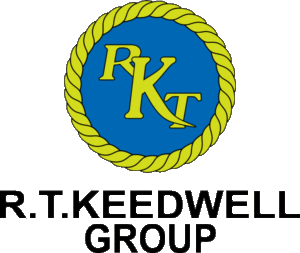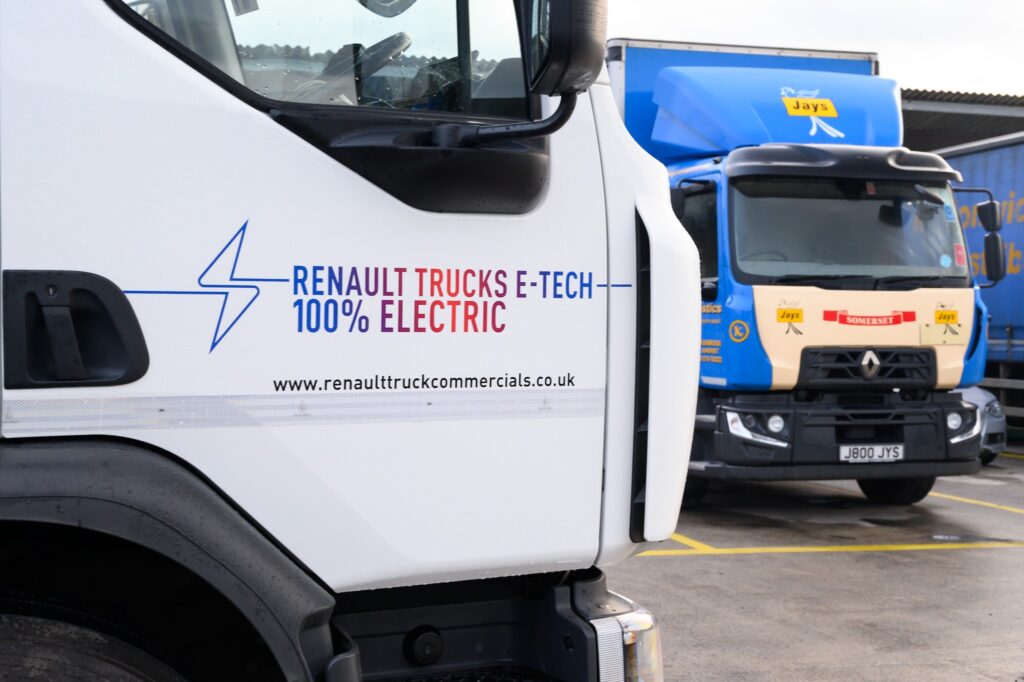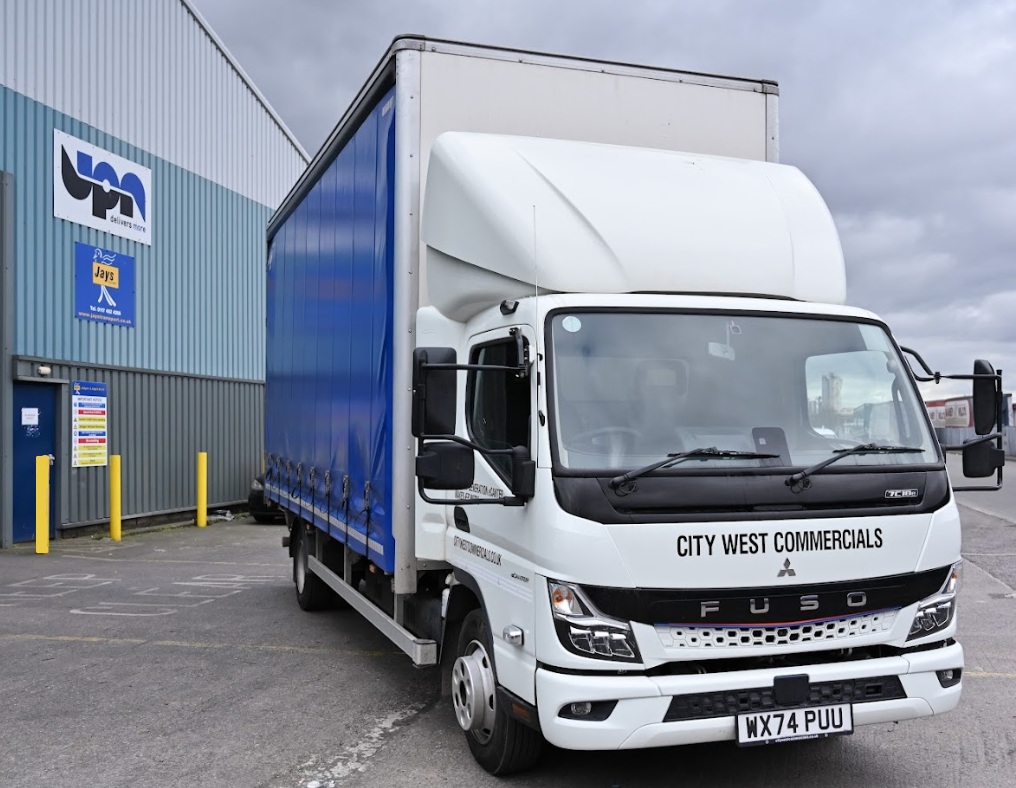As a transport and logistics business, Jays primary contribution to emissions fall within scope 1, through their operating fleet of vans and trucks, which run mainly within the Somerset area.
They currently run vehicles from 3.5T – artic lorries, operating primarily as a pallet network depot as part of TPN – The Pallet Network – covering collections and deliveries from Portbury, Wellington, Minehead and everywhere in between.
Due to the nature of the business, operating a vehicle within the fleet, that can run on an alternative fuel source is very much part of their sustainability agenda and the wider agendas set out by the government, for the coming years.
The Jays fleet mainly consists of Renault trucks, so they have decided to trial the 18T E-TECH D vehicle in partnership with Renault Trucks UK.
Jays will be compiling their our own data along with data provided by Renault but are looking at factors including cost – initial & running, practicality and operational efficiency in relation to how the vehicle will fit into the current operation.
Commercial Sales Manager – Ben Walker commented – “There are many ways to look at the vehicle in regards to the pros and cons. From a business point of view, both cost and practicality play a big part in the decision to run a vehicle of this nature. The initial outlay for this vehicle is huge – almost x 4 the price of a current diesel counterpart and then you have the issue of where to charge it, if required away from base – the cost of that and then there is the operational battery range.
Now the trial is complete, Jays will be looking at comparisons at this current stage, to their existing fleet of diesel vehicles, to be able to assess how viable this model would be if they decided to integrate electric vehicles, into the business.
Ben also added – “For the trial we had the vehicle working as part of our TPN fleet, the vehicle performed very well locally due to the regenerative braking – adding charge back into the battery, thus increasing the range. The main benefit to the local and wider communities is the reduced tailpipe emissions however the source of the electricity must be also considered. Secondly the noise pollution for a vehicle of this size is reduced dramatically, so for urban and local areas this is a plus point.
The Highbridge based firm had the vehicle on trial for 2 weeks at the end of 2023, covering local collections and deliveries within Burnham, Highbridge and Weston.
Jays and their sister company R T Keedwell have already trialled HVO fuel and a fuel additive technology in the last few years, in an attempt to find both cost and environmental benefits for themselves, their clients and the wider environment & community.
Like many other logistics companies, Jays will be monitoring the alternative fuels landscape over the coming years, as things develop within the sector, especially focusing on electric and hydrogen alternatives.




